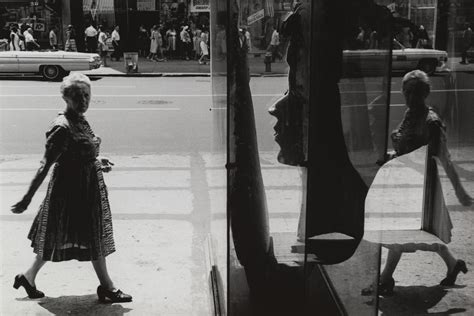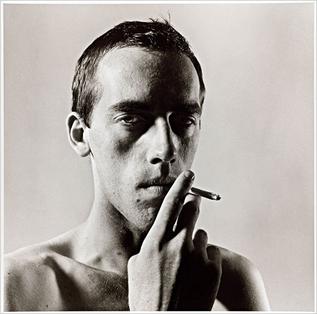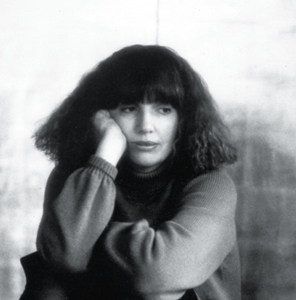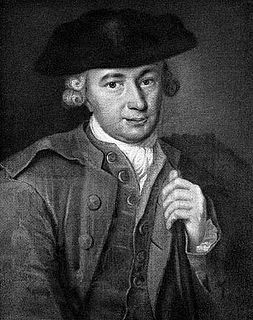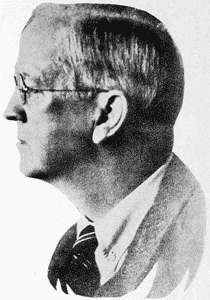A Quote by Lee Friedlander
I suspect it is for one’s self-interest that one looks at one’s surroundings and one’s self. This search is personally born and is indeed my reason and motive for making photographs. The camera is not merely a reflecting pool and the photographs are not exactly the mirror, mirror on the wall that speaks with a twisted tongue. Witness is borne and puzzles come together at the photographic moment which is very simple and complete. The mind-finger presses the release on the silly machine and it stops time and holds what its jaws can encompass and what the light will stain.
Quote Topics
Born
Borne
Camera
Come
Complete
Encompass
Exactly
Finger
Holds
Indeed
Interest
Light
Looks
Machine
Making
Merely
Mind
Mirror
Moment
Motive
Personally
Photographic
Photographs
Pool
Presses
Puzzles
Reason
Reflecting
Release
Search
Self
Self-Interest
Silly
Simple
Speaks
Stain
Stops
Surroundings
Suspect
Time
Together
Tongue
Twisted
Very
Wall
Which
Will
Witness
Related Quotes
During my performances, I don't like folks to take pictures because I feel that we live in a very photographic time. Photography was invented over 100 years ago, and now it's at its peak because everyone has a camera. The fact that they are taking experiences and filtering them through a mechanical lens I find amazing, but also disheartening. Amazing when you have photographs that start revolutions. Disheartening when you have people making photographs but not living.
Love After Love The time will come when, with elation you will greet yourself arriving at your own door, in your own mirror and each will smile at the other's welcome, and say, sit here. Eat. You will love again the stranger who was your self. Give wine. Give bread. Give back your heart to itself, to the stranger who has loved you all your life, whom you ignored for another, who knows you by heart. Take down the love letters from the bookshelf, the photographs, the desperate notes, peel your own image from the mirror. Sit. Feast on your life.
Remembering our past, carrying it around with us always, may be the necessary requirement for maintaining, as they say, the wholeness of the self. To ensure that the self doesn’t shrink, to see that it holds on to its volume, memories have to be watered like potted flowers, and the watering calls for regular contact with the witnesses of the past, that is to say, with friends. They are our mirror; our memory; we ask nothing of them but that they polish the mirror from time to time so we can look at ourselves in it.
Because each photograph is only a fragment, its moral and emotional weight depends on where it is inserted. A photograph changes according to the context in which it is seen: thus Smith's Minamata photographs will seem different on a contact sheet, in a gallery, in a political demonstration, in a police file, in a photographic magazine, in a book, on a living-room wall. Each o these situations suggest a different use for the photographs but none can secure their meaning.
